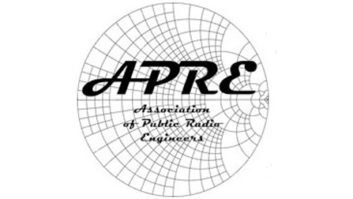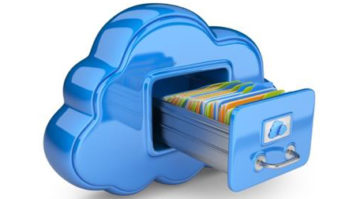
Files, files, (nail) files …
Mark your calendar for Friday — OPIF is about hit the spotlight.
Starting Friday, many U.S. broadcast radio stations will be required to begin using the Federal Communications Commission’s new database known as the Online Public Inspection File or OPIF.
If you are a commercial broadcast radio station in the top 50 Nielsen audio markets and have five or more full-time employees, using this system becomes mandatory June 24 (also looking at you, SiriusXM, certain cable systems and DBS providers). On Friday, you need to log in via the FCC website and activate your files so the public can access the content online. You will have six months to place pre-existing public file documents there.
So rather than Friday being a deadline, think of it as the “start” date for your uploading responsibility, said John Garziglia, partner with legal firm Womble Carlyle. But if a political buy arrives Friday at a big commercial radio station in a top 50 market, it must be uploaded to the online public file rather than the old physical one.
A second wave of broadcasters has until March 2018. This includes all NCE radio broadcast stations; commercial radio broadcast stations in the top 50 Nielsen Audio markets with fewer than five full-time employees; and all commercial radio broadcast stations in markets below the top 50 or outside all markets, as well as certain cable providers.
Guidance to radio stations has been coming from various law firms.
The Comm Law Center newsletter, published by the firm Pillsbury Winthrop, shared commonsense steps the FCC has taken simplify the transition — for instance the FCC will automatically upload most applications to a station’s online public inspection file as well as reports that are electronically filed with the FCC.
“However, stations should not be complacent that the FCC is assuming responsibility for the public file being complete,” writes Senior Council Lauren Lynch Flick on the commlawcenter.com website. “Stations must still be knowledgeable about which items actually belong in the public inspection file and for how long.”Not all of those items that are required to be filed electronically with the commission must be kept specifically in the public file, and vice versa, she wrote. In addition, stations must know where in the file to upload required items.
The firm also published an advisory to aid commercial and noncommercial radio and television stations as they attempt to comply with the changing public file rules. The advisory discusses the public access, content, retention and organizational requirements of the regulations.
Garziglia’s own firm Womble Carlyle has been offering several tips:
• Ensure the FCC’s online public file has correct contact information for your station representative.
• On June 24, stations should post a link on their own site that links up with the station’s new FCC online public file.
• Other than political materials, the first absolute upload requirement for top 50 market stations will be July 10 for the April-June quarterly issues/programs lists.
• On Aug. 1, stations in California, North and South Carolina, Illinois and Wisconsin will be required to upload their Annual EEO Public File Reports on their license renewal filing date anniversary, as well as post a link to those reports on the station’s own website.
• For top 50 market stations, all existing local public file materials (other than pre-June 24political file materials) must be uploaded by Dec. 24, 2016 — “Merry Christmas Eve,” adds Garziglia. Such existing local public file materials requiring upload would include issue/programs lists and annual EEO public file reports going back to the last license renewal date, as well as other materials that do not now appear in the FCC’s Consolidated Database System — pending paper-filed AM license applications, citizens agreements, time brokerage and joint sales agreements, materials relating to an FCC investigation or complaint, and NCE donor lists.
• There is no requirement to upload political file materials that date to prior to June 24;those must be kept in the current local public file. Also, for now, letters and emails from the public must be kept in the current local public file going forward.
• Materials uploaded to the FCC’s online public file will be date- and time-stamped. It is critical, therefore, to “timely prepare and upload” them — particularly for the quarterly issues/programs lists and annual EEO public file reports.
• Any radio station public file materials uploaded to the FCC’s online beta/demo site prior to Friday will not be transferred over to the actual new system; only materials uploaded to the actual FCC online public file at https://publicfiles.fcc.gov on or after June 24will be part of the radio station’s online local public file.












